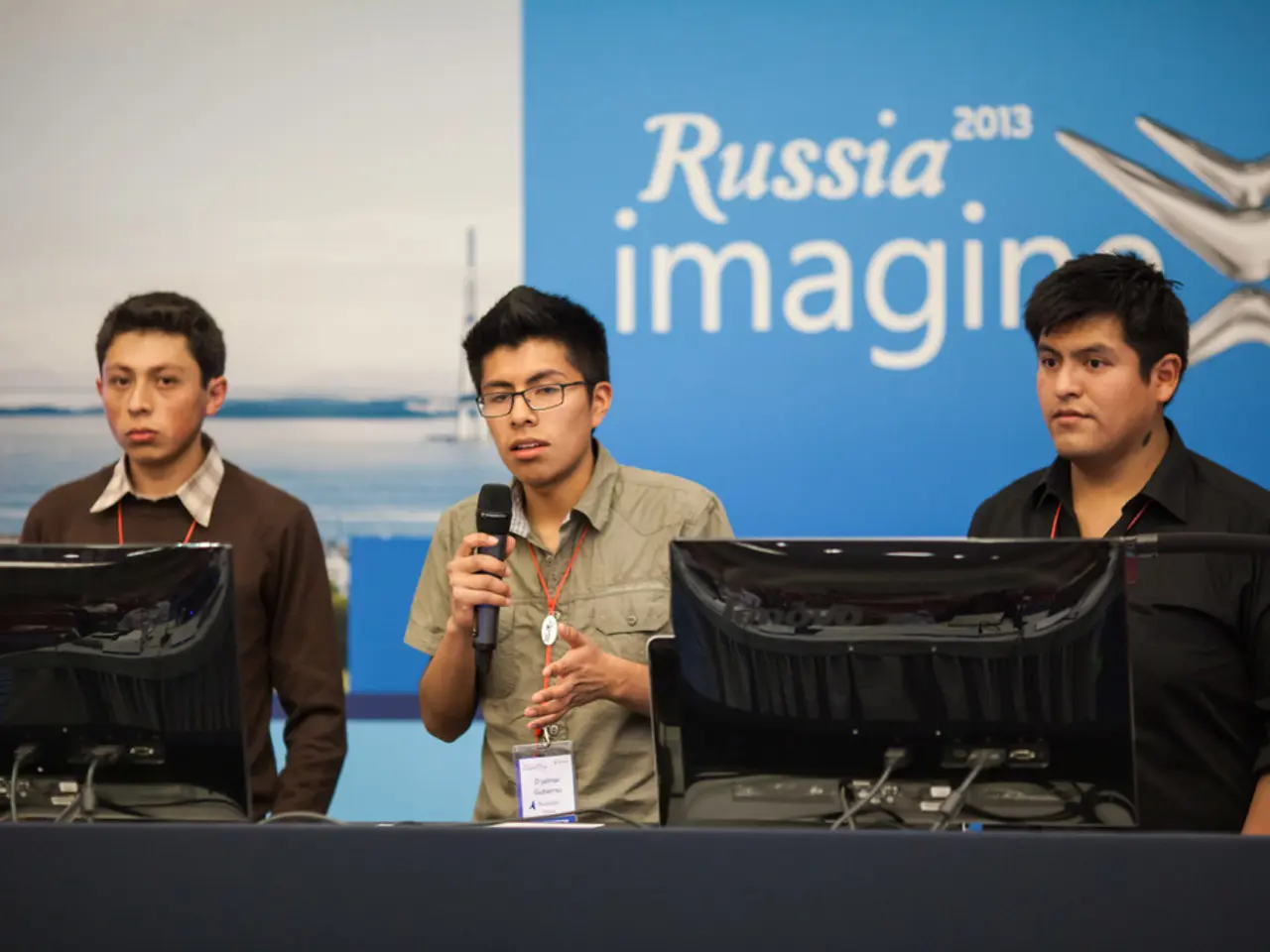Government's Digital Department unveils criteria for reestablishing WhatsApp and Telegram call services
Partial Restriction of Voice Services in Telegram and WhatsApp in Russia
Russia has partially restricted voice services in the popular messaging apps Telegram and WhatsApp, citing increased use of these platforms for fraudulent calls, extortion, and recruiting citizens into sabotage and terrorism.
The restriction, implemented by the Russian telecommunications regulator Roskomnadzor, involves degrading or blocking voice and video calls while leaving other app functions like text messaging open. This move is part of a broader effort by Russian authorities to control online communication tools, particularly foreign-owned ones like WhatsApp (owned by Meta) and Telegram.
According to the Ministry of Digital Development, the decision to restrict voice services is a response to the refusal of service owners to cooperate with Russian authorities in providing information about fraud and terrorism. Russian law enforcement agencies have provided materials alleging that nearly all fraudulent phone calls have shifted to these messaging platforms, which refuse to ensure user safety according to Russian standards.
The ban is technically implemented via deep packet inspection (DPI), a network technology that identifies and disrupts the specific types of encrypted data streams used for voice and video calls over the internet, making calls unreliable without completely blocking the app's other functions. This method reduces public backlash compared to a full shutdown.
The Russian Ministry of Digital Development has stated that access to voice services will be restored only if these messaging platforms comply fully with Russian law, including opening legal entities in Russia, cooperating with Roskomnadzor and law enforcement, and adopting countermeasures against illegal activities. This fits into the government’s wider strategy to push users towards a government-managed "super app" called Max, aiming to replace foreign messengers with a domestically controlled platform.
The Ministry of Digital Development believes that Roskomnadzor's decision to restrict voice services could help reduce the number of fraudulent calls. The restrictions do not imply a complete blockage of the messengers, allowing users to continue using the apps for text messaging and other functions.
In summary, the partial restriction of voice services on Telegram and WhatsApp aligns with Russia’s efforts to reduce fraudulent calls and enhance state surveillance capabilities, by pressuring foreign platforms to comply with local regulations or face ongoing operating limitations.
- The restriction of voice services in Telegram and WhatsApp, announced by the Russian telecommunications regulator Roskomnadzor, is a part of the government's effort to control online communication tools, particularly those owned by foreign entities like Telegram and WhatsApp (owned by Meta).
- The Russian authorities have accused these messaging platforms of refusing to cooperate with Russian authorities in providing information about fraud and terrorism, citing the increased use of these platforms for illegal activities such as extortion and recruiting citizens into sabotage and terrorism.




